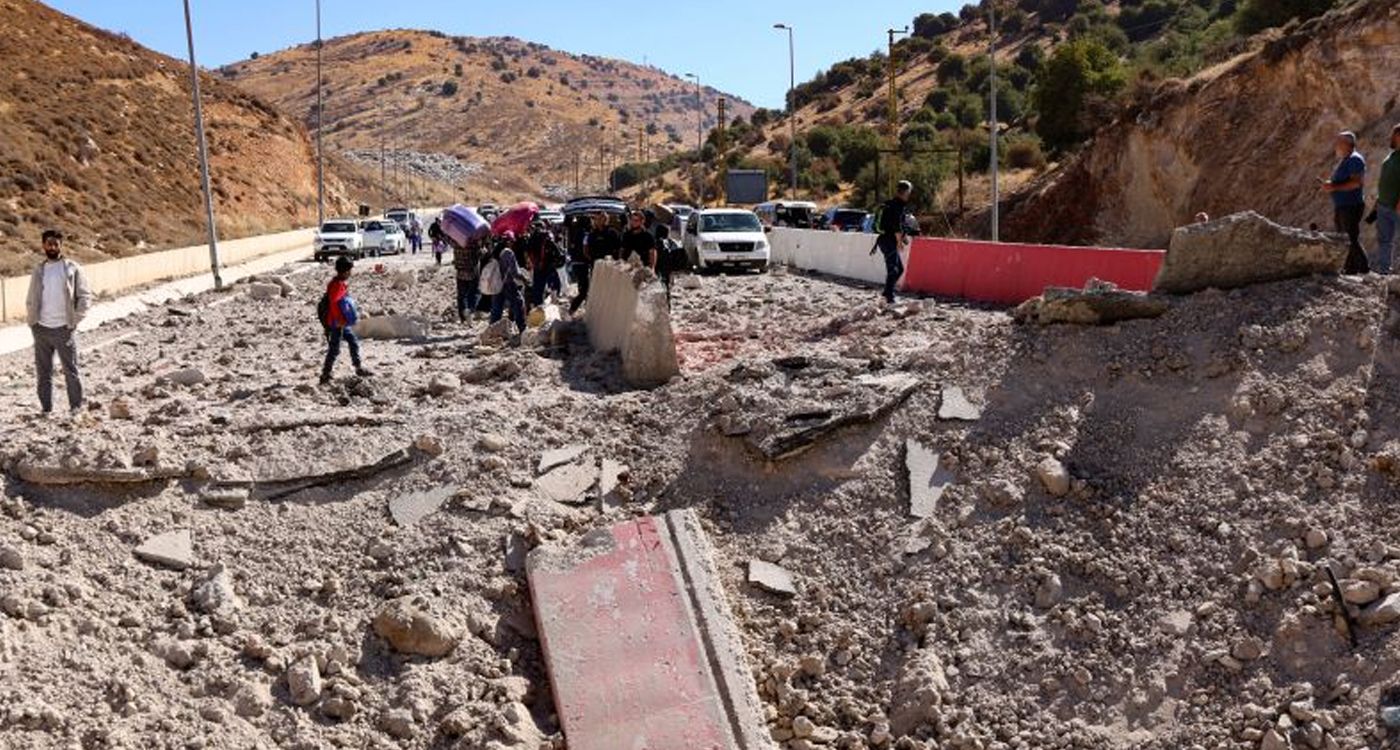
Economic bodies sounded the alarm on Tuesday during a meeting with caretaker Prime Minister Najib Mikati. They urgently called for a ceasefire, emphasizing that the war is severely impacting the economy, leading to a complete collapse and worsening unemployment.
Nabil Fahed, president of the Supermarket Owners’ Union, revealed that the non-essential commercial sector, meaning non-food-related businesses, is operating at only 5% of its pre-war capacity, experiencing a 95% drop. Additionally, it is facing various challenges, according to him.
The closure of the Masnaa border crossing, which connects to Syria, is disrupting exports to Arab countries, especially Iraq, Jordan and the United Arab Emirates. Lebanese products are now passing through the Arida border crossing in North Lebanon, which has led to a 10% to 12% increase in costs. Imports through Arida are also experiencing delays and increased costs.
Moreover, many companies are facing a cash flow shortage due to the slowdown in business activity. While salaries for September in the private sector have been paid and October’s wages are expected to be covered, many companies will face significant financial difficulties starting November.
Additionally, foreign suppliers are increasing their pressure on Lebanese companies. Those who previously offered payment terms over a few weeks or a month now require full payment before delivering goods to Lebanon.
Furthermore, many shipping companies have stopped servicing Lebanon or have significantly raised transport prices (by about 15%) due to the surge in insurance rates.



Comments